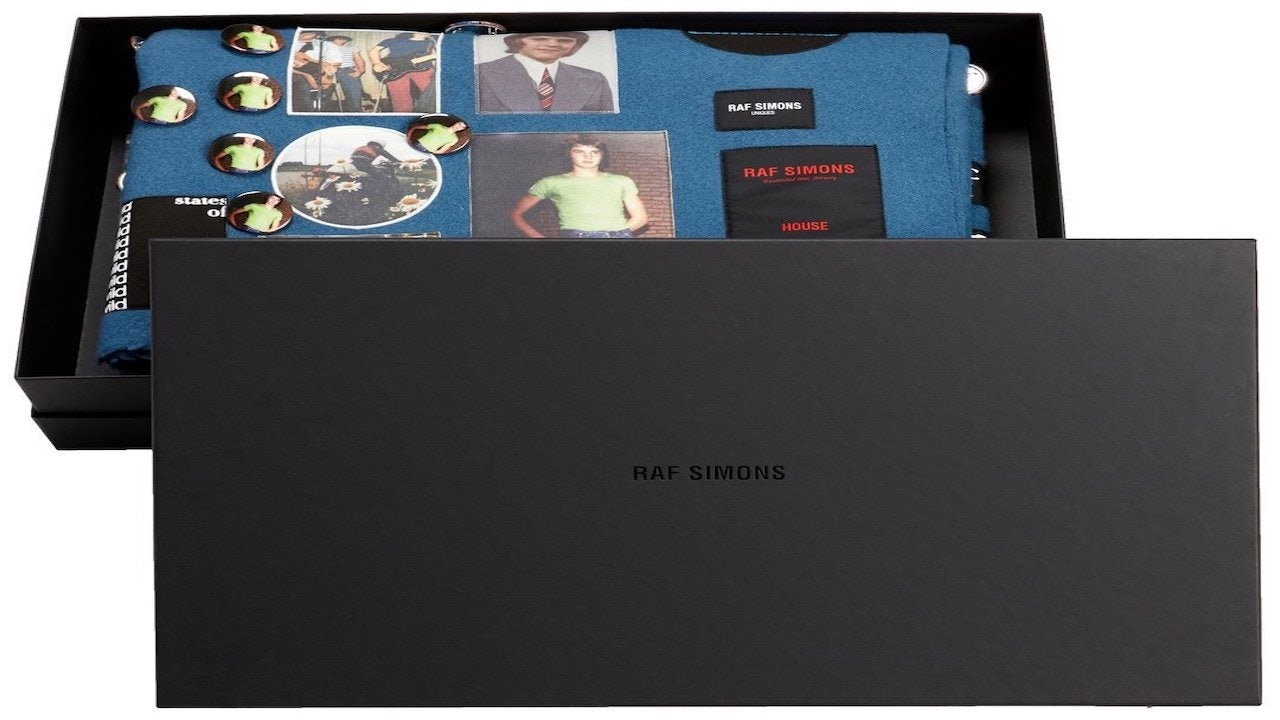In many ways, 2020 represented a turning point for direct-to-consumer (DTC) brands, particularly in China, as housebound consumers turned to e-commerce and digitally native (or online-only) brands made further investments in marketing to launch collaborations with similarly “internet-famous” celebrities, designers, and influencers. In the West, fast-fashion companies such as Fashion Nova aggressively chased Gen Z consumers via TikTok and Instagram, while more premium DTC brands like Sézane, Reformation, and Everlane appealed to millennial consumers who were adjusting to more casual, work-from-home routines.
In China, DTC brands such as Perfect Diary, Genki Forest, and Yongpu Coffee have burst into the mainstream by spending heavily on marketing efforts that included everything from the appointment of international spokespersons to sponsorships of television programs and partnerships with fashion-focused social networks.
Meanwhile, a growing number of DTC brands and platforms worldwide are looking to enter the luxury segment, using a digital-first roadmap that bypasses the typical time-intensive, brick-and-mortar route to building a high-end brand. From the Los Angeles-based Anine Bing to cashmere brand Naadam to Senreve, which boasts Italian-made handbags from the same factories used by the likes of Celine and Fendi, DTC luxury is quickly becoming a crowded space — though it remains to be seen if these young brands will achieve the same kind of brand equity built over the years by their traditional luxury counterparts. A handful of more established high-end brands have also experimented with DTC as an avenue for their diffusion lines, among them Comme des Garçons’ CDG.
But one area that has yet to fully take shape in the luxury market is “designer DTC,” in which a recognized individual launches his or her own digitally focused, direct-to-consumer brand or platform. Naturally, many of the world’s top luxury designers and creative directors lack the bandwidth or the interest in doing this, given their busy day-jobs, but there are signs that it is an area ripe for growth.
This month, Raf Simon, the Belgian trendsetter and Prada’s co-creative director, launched one of the first examples of designer DTC with a personally branded online store and multidisciplinary platform, History Of My World. Kicking off with an already-sold-out collection of one-of-a-kind blankets created by the Raf Simons studio, the DTC site “offers a curation of pieces selected by Raf Simons” that reflect his “point of view, aesthetic, and philosophy.” Spanning everything from home decor to literature and clothing, the site — which takes great pains to point out is distinct from the Raf Simons brand — will eventually sell limited-edition items, special collections, and unique pieces.
Giving Simons a new opportunity to monetize his global fan base, “History Of My World” is a potential blueprint for other luxury designers looking to do the same. For many “free agent” designers — whether in between creative director gigs or working on their own lines — a DTC outlet could be a good way to leverage the currency their names carry by selling archive pieces, one-off designs, limited-edition collaborations, or even run-of-the-mill memorabilia.
As the rabid searces for anything from the Phoebe Philo era at Céline on resale platforms like The RealReal or Vestiare Collective show, some designers are brands in themselves, and are just as sought after as the labels that hire them. It thus makes sense for more entrepreneurial designers to take advantage of that. After a roller-coaster year that should make anyone question the wisdom of investing in traditional stores and modes of advertising, DTC could become less of a dirty word in the luxury business in 2021 and beyond.

